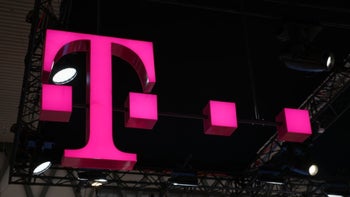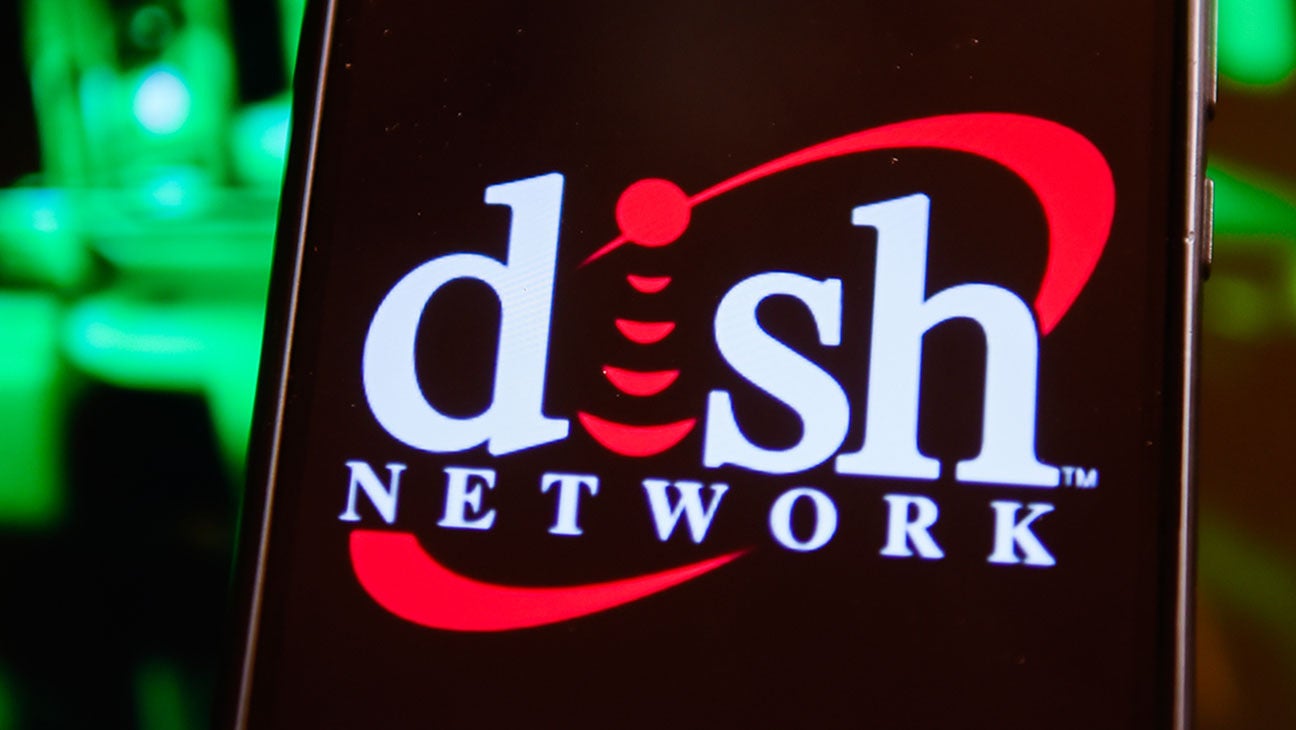T-Mobile is accused of lying to California regulators to get Sprint merger approved

UPDATE: T-Mobile got back to us with a statement regarding the CPUC ruling. The carrier says, "We absolutely disagree with the ALJ action, which we believe is meritless and without basis in fact. We look forward to presenting evidence and setting the record straight through the upcoming process. For months, T-Mobile has been working aggressively to ensure no customer is left behind as we transition to technology that will better serve them into the future. We remain committed to that goal."
Did T-Mobile mislead the California Public Utilities Commission (CPUC) about its future plans for Sprint's legacy CDMA network? This past Friday, the CPUC (via The Verge) ordered the nation's second-largest carrier to "show cause why it should not be sanctioned by the Commission for violating Rule 1.1 of the Commission’s Rules of Practice and Procedure for false, misleading, or omitted statements."
T-Mobile contradicts sworn testimony of its CTO Neville Ray
The commission points out in its ruling that T-Mobile said under oath that Sprint's 3G CDMA network would be available for Boost customers until they are migrated to Dish Network's LTE or 5G services, a period that was supposed to take three years to complete. The experience was supposed to be seamless and T-Mobile said that the migration would not impact its 5G rollout.

T-Mobile might have misled the California Public Utilities Commission in order to get its merger with Sprint approved
The CPUC says that it might amend the Order to Show Cause to include possible charges related to the early retirement of Sprint's network. T-Mobile's Chief Technology Officer (CTO) Neville Ray failed to mention in his testimony that the PCS spectrum used for CDMA would be needed for T-Mobile's 5G build-out and that it is used to deliver CDMA service to Boost subscribers.
But as it turns out, the PCS spectrum is needed by T-Mobile for its 5G signals after all which is why T-Mobile told Dish that it plans on shutting its CDMA network prematurely on January 1st, 2022. The three years that T-Mobile promised that Dish would have to finish Boost customer migration was reduced. The California Public Utilities Commission notes that "the discrepancy between information in T-Mobile’s testimony and information provided in its response is so serious that it warrants further investigation by this Commission. Furthermore, impacts on service could harm Boost prepaid customers, who are frequently low-income, rural, and transient."
The CPUC also said in the filing that "The Commission relied on the specific false statements, omissions, and/or misleading assurances T-Mobile gave regarding its use of the PCS spectrum and its repeated references to a three-year customer migration period without a degraded experience in framing D.20-04-008. Further, it appears that these false statements, omissions and/or misleading assurances and the related time references were intended to induce the Commission to approve the merger."
Contradicting the testimony from its CTO, T-Mobile said, "PCS spectrum comprises the significant majority of spectrum being used to provide CDMA, and [d]elaying the CDMA sunset would impact the re-farming of this PCS spectrum to support 5G services." Trying to get its $26 billion merger with Sprint approved by the FCC and the DOJ, T-Mobile agreed to help Dish become a "fourth nationwide facilities-based network competitor" replacing Sprint.
Sprint sold off its pre-paid businesses to Dish including Boost Mobile and T-Mobile reached an MVNO deal with Dish to provide it with wireless service for seven years. This allows the satellite television content provider to offer wireless service now without having to wait to complete the build-out of its own network. At first, T-Mobile said that signing the MVNO deal "would have no adverse impact on T-Mobile’s existing and 5G networks but now claims that maintaining the CDMA network would delay the 5G build-out."
T-Mobile will respond to the filing via a virtual hearing to be held on September 20th
T-Mobile also now states that it cannot delay the planned shutdown of its CDMA network on January 1, 2022. As a result, there could be a negative impact on customers who have yet to migrate to Dish's LTE or 5G service.
T-Mobile wanted to purchase Sprint in order to pick up its large holdings of 2.5GHz mid-band spectrum to help build its 5G layer cake service using mmWave high-band, 600MHz low-band sandwiched with the 2.5GHz mid-band. The characteristics of mid-band spectrum provide a much-needed balance against the short distances that mmWave signals travel (albeit with fast download data speeds) and the long distances (but with slower data speeds) offered by low-band airwaves.
A virtual hearing is scheduled for September 20th and T-Mobile faces a fine for each offense it is charged with ranging between $500 and $100,000.













Things that are NOT allowed: